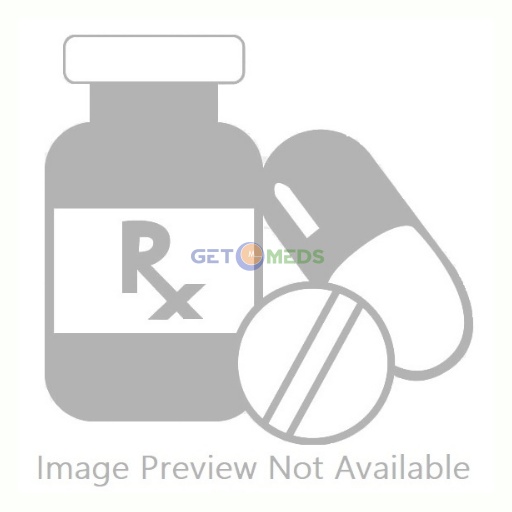No Related Products!
There is no related products found.
All Details About Pasedol 100mg Tablet
Find out detailed description, uses, directions of use, side effects, warnings and precautions, frequently asked questions about Pasedol 100mg Tablet
Description:
Pasedol 100mg Tablet is a medicine used to treat moderate to severe acute pain in adults. It is used to treat many conditions such as headache, fever, period pain, toothache, and colds. It effectively alleviates pain when other treatments fail to relieve your pain.Pasedol 100mg Tablet should be taken in the dose and duration as advised by your doctor. The addiction/habit-forming potential of this medicine is very high.
Nausea, drowsiness, vomiting and dizziness are some of the side effects of this medicine. Inform your doctor if you have any problems related to heart, liver or kidney. Please consult your doctor if you are pregnant, planning to conceive or breastfeeding.
Uses:
- Moderate to severe pain
Directions For Use:
Take this medicine in the dose and duration as advised by your doctor. Swallow it as a whole. Do not chew, crush or break it. Pasedol 100mg Tablet may be taken with or without food, but it is better to take it at a fixed time.Side Effects:
Most side effects do not require any medical attention and disappear as your body adjusts to the medicine. Consult your doctor if they persist or if you’re worried about themOrdinary side effects of Pasedol
- Nausea
- Vomiting
- Dizziness
- Sleepiness
Warning & Precautions:
If you feel drowsy, dizzy, have blurred vision or a slow reaction time while taking Pasedol 100mg Tablet, then do not drive.
Employ of Pasedol 100mg Tablet is not recommended in patients with severe kidney disease.
FAQs:
Can you become addicted to Pasedol 100mg Tablet?
What are the risks associated with Pasedol 100mg Tablet overdose?
What should I avoid while taking Pasedol 100mg Tablet?
Are there any alternatives to Pasedol 100mg Tablet?
How to dispose of Pasedol 100mg Tablet safely?
Written by:
Dr. T. Sharmila Krishna
M.B.B.S., MD (Biochemistry)
Reviewed by:
Dr. Sureshbabu Yadav
M.B.B.S., DIP.DIAB, F.R.S.H
Disclaimer:
Getomeds primary intention is to ensure that its consumers get information that is reviewed by experts, accurate, and trustworthy. The information and contents of this website are for informational purposes only. They are not intended to be a substitute for professional medical advice, diagnosis, or treatment. Please seek the advice of your doctor and discuss all of your concerns about any disease or medication. Do not disregard or postpone seeking professional medical advice because of something you read on Getomeds. Our mission is to support, not replace, the doctor-patient relationship.
